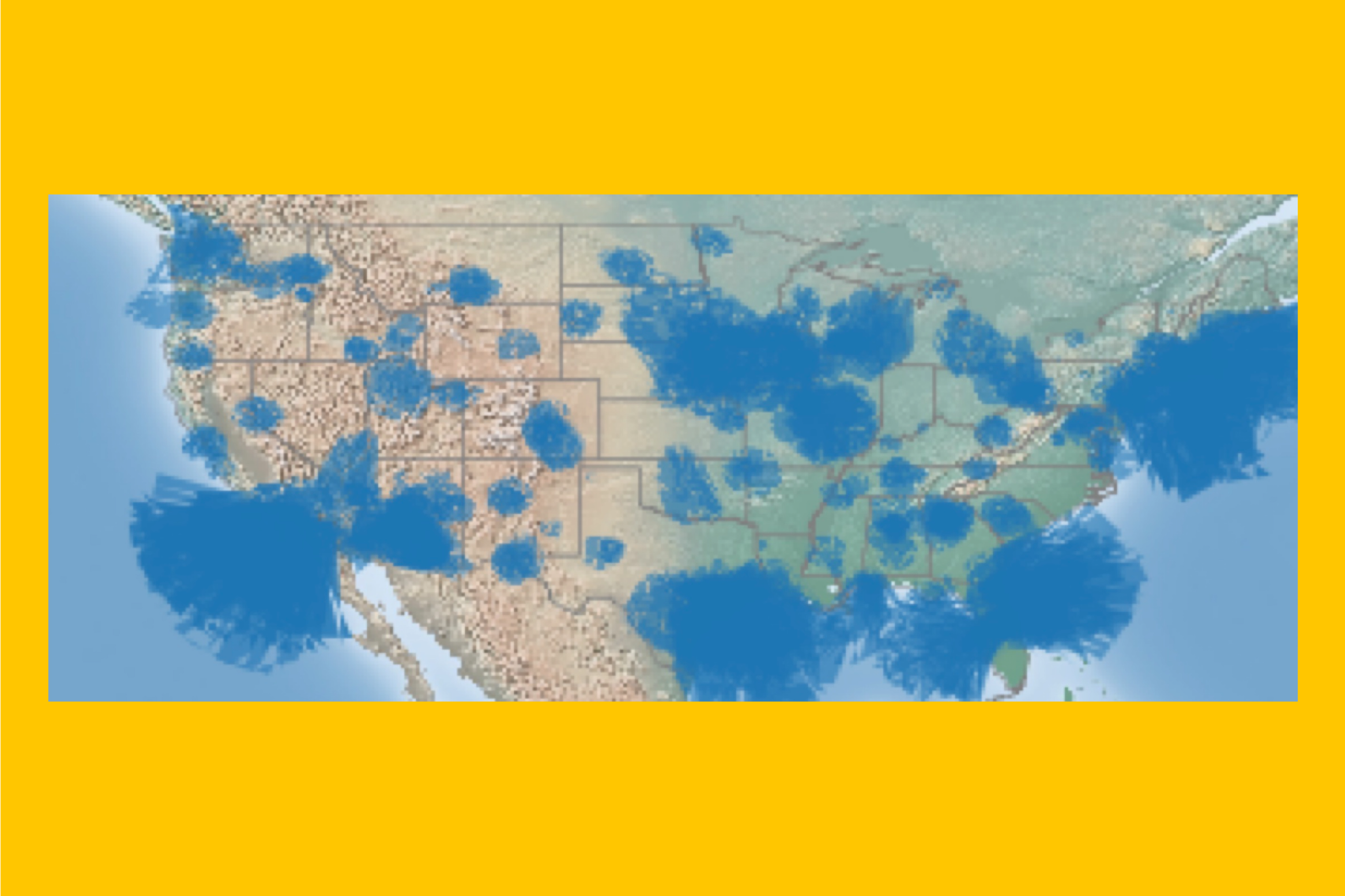Radio Atlas
Project
The Radio Atlas project collects audio from a sample of talk radio stations around the country and automatically transcribes them, building a first-of-its-kind corpus of talk radio broadcasts. Combined with third-party metadata and a variety of tools to explore the radio content, Radio Atlas provides researchers a new level of visibility into an influential but understudied medium. Nearly all Americans have access to talk radio, and its regular audience, counting both conservative talk and public radio, numbers in the tens of millions. Given talk radio’s political influence and wide reach, we aim to enable additional research on its internal structure and connections to other media.
